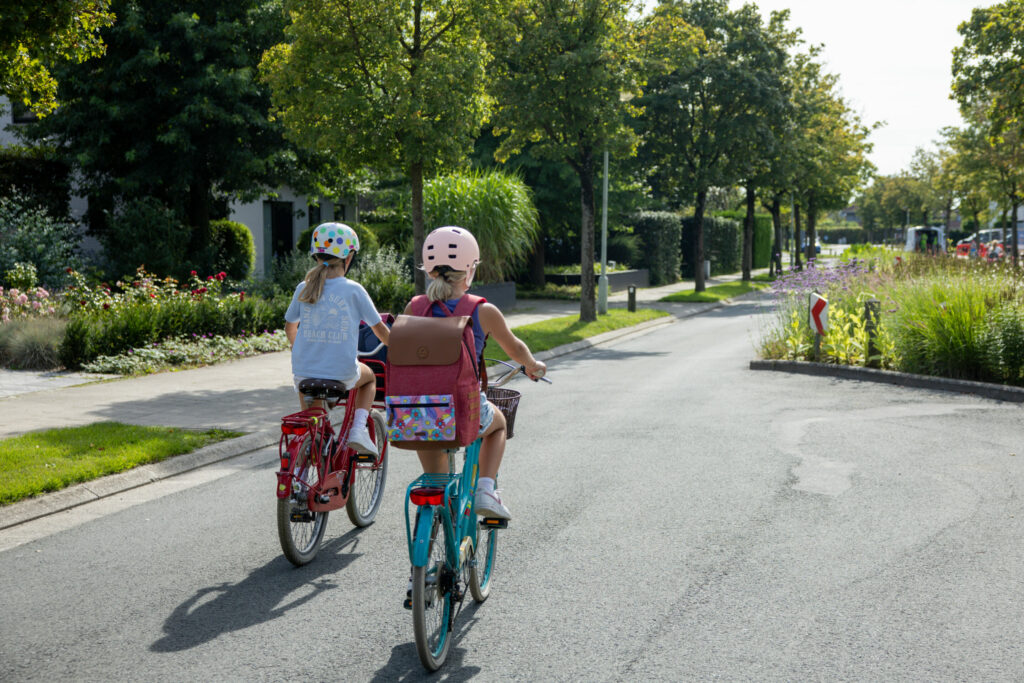An increasing number of girls are progressing to higher education and obtaining their qualifications, while boys consistently underperform in secondary education, according to a report from De Standaard.
"The feminisation of our department is very apparent," states Piet Hoebeke, Dean of the Faculty of Medicine at UGent.
"My student days saw a 70/30 male to female ratio, now it’s almost the reverse at 30/70. We need to start questioning why fewer boys are choosing to go into medicine." He adds that nearly 70% of new entrants to law studies are also women.
This shift forms part of a broader trend: the growing gender gap in higher education. Girls transition to higher education more frequently than boys (74% compared to 59%), they often secure their degrees faster and are more likely to graduate. "Women have not only caught up with men, but have also significantly surpassed them," asserts educational sociologist Mieke Van Houtte of UGent.
There has long been a gender gap within secondary education, as De Standaard outlines. Statistics show that boys more often repeat years, are more likely to be excluded, and more often leave education without a qualification. Boys interact more often with the Pupil Counselling Centre (CLB), and are therefore diagnosed more frequently and disproportionally directed to special education.
"The notion that women have simply caught up is now debunked by research," emphasises Van Houtte. The gap is not a reflection of intelligence: "The innate cognitive differences between men and women are very small. Therefore, such vast differences in outcomes must be about societal environment," says cognitive psychologist Wouter Duyck (UGent).
Despite women’s educational successes, De Standaard notes an adverse ‘gender gap’ still exists in the job market where women face greater challenges. This is tied to the nature of education itself, according to sociologist Bram Spruyt (VUB). "Risk-taking, for example, is rewarded in the job market but penalised in education."

